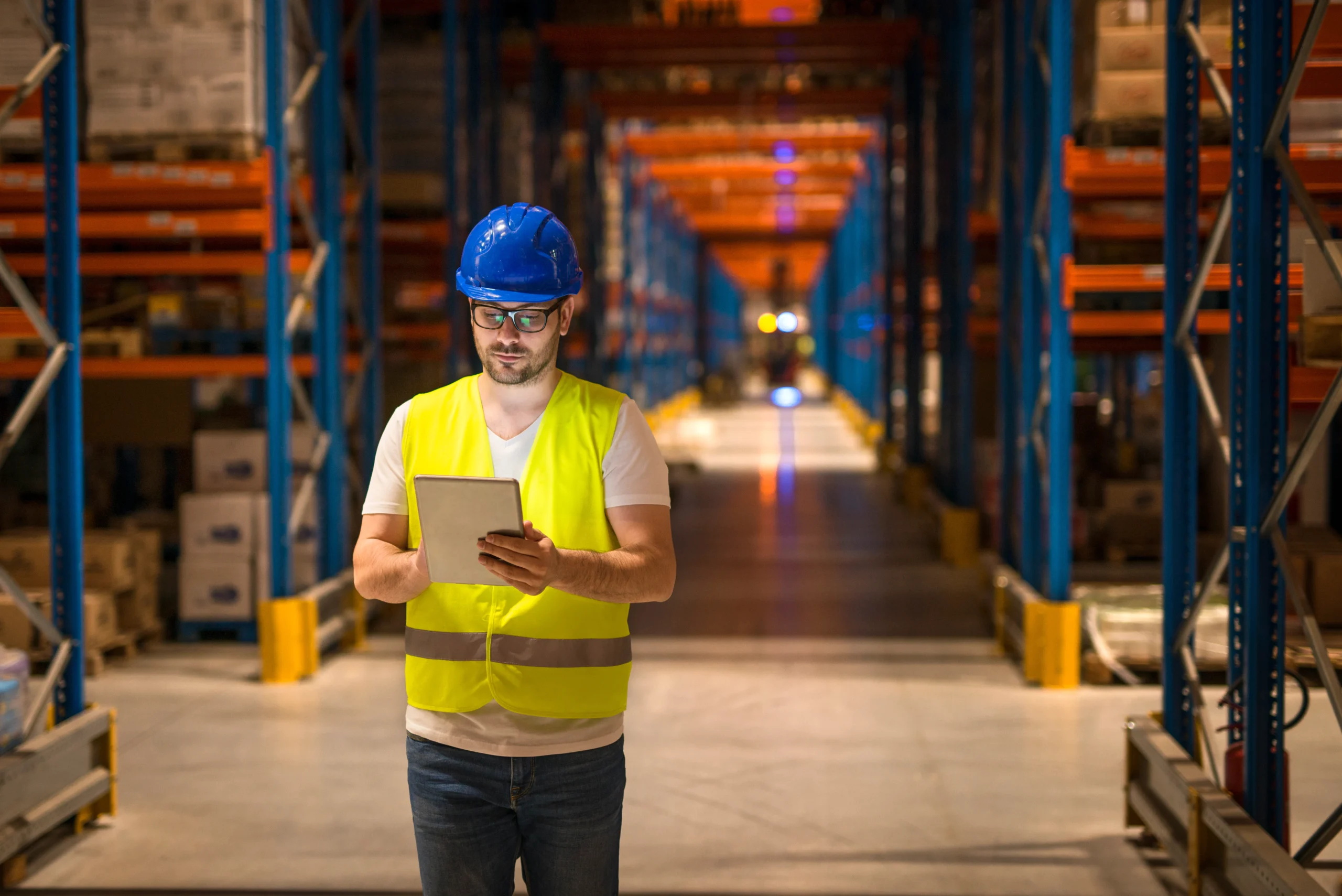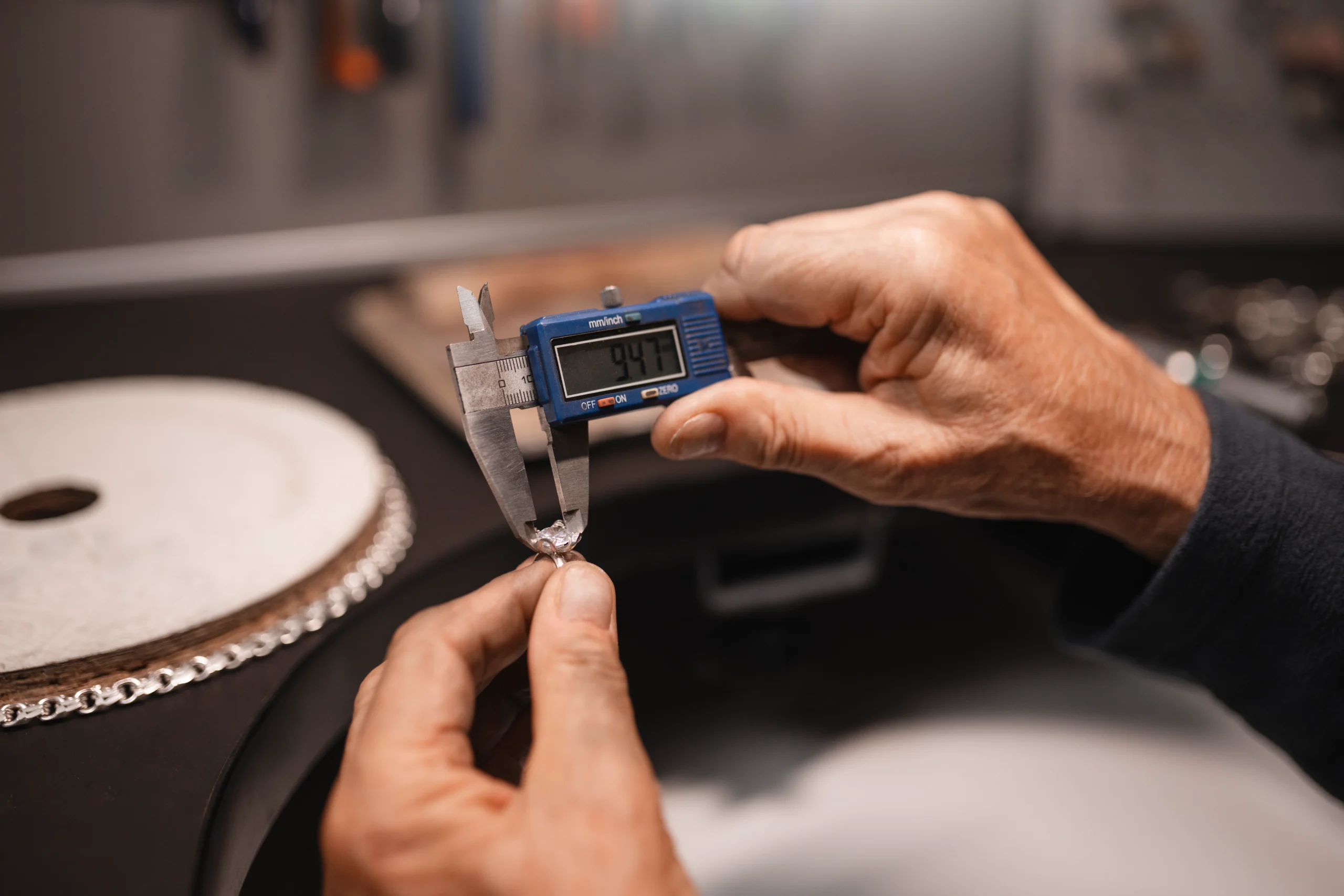In an increasingly competitive global market, calibration plays a pivotal role in ensuring precision, compliance, and operational efficiency across industries. As industries evolve and become more reliant on advanced technologies, the demand for precise calibration solutions has grown exponentially. For Saudi Arabia, home to various industrial sectors such as oil and gas, manufacturing, and infrastructure. The need for state-of-the-art calibration technologies is crucial for maintaining industry leadership and meeting global standards.
At Prime Innovation Contracting Co. we are at the forefront of providing professional calibration services to meet the demands of the fast-paced industrial landscape in Saudi Arabia. In this article, we explore the latest advancements in calibration technologies and how they are transforming industries in the Kingdom.
The Role of Calibration in Saudi Arabia’s Industrial Growth
Calibration ensures that industrial equipment, tools, and machinery perform at their best, delivering accurate results that adhere to regulatory and operational standards. In Saudi Arabia, industries such as oil and gas, petrochemicals, manufacturing, and food production rely heavily on precise calibration to maintain safety, efficiency, and profitability. The Kingdom’s ambitious Vision 2030 goals, including economic diversification and industrial modernization, require continuous advancements in calibration technology to support these transitions.
Calibration is integral in Saudi industries for:
- Regulatory Compliance: Calibration services are essential for meeting international and national standards, ensuring businesses comply with safety and quality guidelines.
- Operational Efficiency: Proper calibration reduces downtime, maximizes productivity, and enhances the accuracy of equipment, ultimately reducing operational costs.
- Safety: Precise calibration is crucial for industries such as oil and gas, where even small errors can have significant safety consequences.
- Technological Innovation: As industries move towards automation and digital transformation, the role of calibration technologies becomes even more significant, ensuring the functionality and accuracy of new systems.
Latest Calibration Technologies Impacting Saudi Arabia’s Industry
The industry has witnessed numerous technological advancements, reshaping the way businesses in Saudi Arabia approach their operational needs. Some of the key technologies driving change include:
Digital Calibration Solutions
In recent years, digital calibration solutions have become increasingly popular due to their efficiency and precision. These systems enable real-time monitoring and adjustment of industrial instruments and equipment, eliminating the need for manual interventions. This leads to reduced errors, faster turnaround times, and greater consistency across operations.
Digital calibration solutions are especially beneficial for:
- Remote Calibration: Using cloud-based platforms, calibration can be performed remotely, allowing businesses in Saudi Arabia to perform maintenance and adjustments. without physical presence, ensuring minimal downtime.
- Data Integration: Digital solutions facilitate better data integration, providing insights that improve decision-making processes. This allows companies to monitor calibration performance over time, ensuring equipment consistently meets operational standards.
Wireless Calibration Devices
Wireless calibration devices have significantly reduced the need for physical connections between equipment and calibration tools. These devices use Bluetooth or Wi-Fi technology to transmit calibration data wirelessly, making them particularly useful in environments where equipment is difficult to reach, such as high-risk industrial zones in oil and gas sectors.
Wireless calibration offers several benefits:
- Flexibility: Operators can calibrate equipment in difficult-to-reach areas, including hazardous zones, without compromising safety.
- Cost-Effective: Reduces the need for cables and connectors, streamlining calibration processes and reducing maintenance costs.
- Real-Time Monitoring: Continuous data transmission allows real-time tracking of calibration, ensuring that all equipment meets necessary performance standards.
Automated Calibration Systems
Automated calibration systems are transforming the way industries approach precision measurement. These systems are designed to automatically calibrate equipment based on pre-set parameters. Significantly reducing human error and enhancing accuracy. In industries such as manufacturing, where production quality is critical, automated calibration ensures that machines consistently meet design specifications.
The benefits of automated calibration include:
- Increased Accuracy: Automation eliminates human error, ensuring that measurements are consistent and precise across all systems.
- Efficiency: Automated systems are faster, enabling businesses to complete calibration processes within a shorter time frame, enhancing overall productivity.
- Scalability: Automated calibration can be scaled across various production lines, making it an ideal solution for large-scale industries in Saudi Arabia.
Artificial Intelligence (AI) in Calibration
Artificial Intelligence (AI) is revolutionizing the calibration process by improving decision-making and predictive maintenance. AI algorithms can predict when equipment will need calibration based on historical data, environmental factors, and usage patterns, reducing the risk of failure and optimizing maintenance schedules.
AI-powered calibration is especially beneficial for:
- Predictive Maintenance: By analyzing data collected over time, AI systems can predict when calibration is needed, preventing unexpected downtime and costly repairs.
- Smart Calibration: AI-powered systems adapt to changes in operating conditions, adjusting calibration parameters in real-time to maintain equipment performance.
- Optimizing Performance: AI can continuously analyze calibration data to identify performance trends and suggest adjustments to improve the overall efficiency of equipment.
The Impact of Calibration Technologies on Saudi Arabia’s Key Industries
Oil and Gas Industry
One of the biggest and most important industries in Saudi Arabia is the oil and gas sector. Calibration technologies play a vital role in ensuring the safety, accuracy, and reliability of equipment used in exploration, drilling, and refining processes. Wireless and automated calibration systems are particularly valuable in remote and hazardous environments, where precise measurements are critical for preventing accidents.
Additionally, AI and digital calibration systems enable the industry to adopt predictive maintenance strategies, minimizing downtime and extending the lifespan of costly machinery.
Manufacturing and Industrial Sector
Manufacturing businesses in Saudi Arabia rely on high-quality calibration services to ensure product consistency and compliance with both local and international standards.
Automated calibration systems and digital solutions are increasingly being adopted in the manufacturing sector. To improve production efficiency and meet global quality standards. These technologies also allow manufacturers to optimize their processes, reduce waste, and minimize energy consumption, contributing to cost savings and sustainability goals.
Food and Beverage Industry
In the food and beverage industry, precise calibration is essential to maintain quality control and meet food safety standards. Calibration technologies help businesses ensure that their equipment, from processing machinery to packaging systems, operates at peak performance. This helps meet food safety and hygiene laws while also preserving product homogeneity.
Healthcare Sector
Calibration is critical in the healthcare industry, where accurate measurement tools are required to ensure patient safety and reliable diagnostics. Technologies like digital calibration systems and AI-powered devices are transforming calibration practices in medical equipment, enabling more accurate. Real-time adjustments and reducing the risk of equipment failure.
Why Calibration Technologies Matter for Saudi Arabian Businesses
The adoption of cutting-edge calibration technologies is no longer a luxury; it is a necessity for businesses striving to remain competitive in the global market. These technologies offer tangible benefits for Saudi Arabian businesses, including:
• Improved Accuracy: Calibration technologies ensure that equipment performs at optimal levels, reducing errors and enhancing overall operational quality.
• Cost Savings: By preventing unnecessary downtime and reducing the need for manual interventions, businesses can lower maintenance costs and improve the bottom line.
• Regulatory Compliance: Calibration guarantees that businesses meet national and international standards, preventing fines and damage to their name.
• Increased Productivity: Faster and more efficient calibration processes enable companies to maintain continuous operations, boosting overall productivity.
Conclusion
As Saudi Arabia continues to modernize its industries and diversify its economy, the role of advanced calibration technologies will only grow. From automated systems to AI-driven predictive maintenance, calibration innovations are shaping the future of Saudi Arabia’s industrial landscape.
For companies like Prime Innovation Contracting Co. staying ahead of these trends and adopting the latest calibration technologies will be key to maintaining a competitive edge and contributing to the Kingdom’s industrial success.
By embracing cutting-edge calibration solutions, businesses in Saudi Arabia can ensure their equipment operates efficiently, safely. and in compliance with regulations, ultimately supporting the Kingdom’s long-term economic goals.






